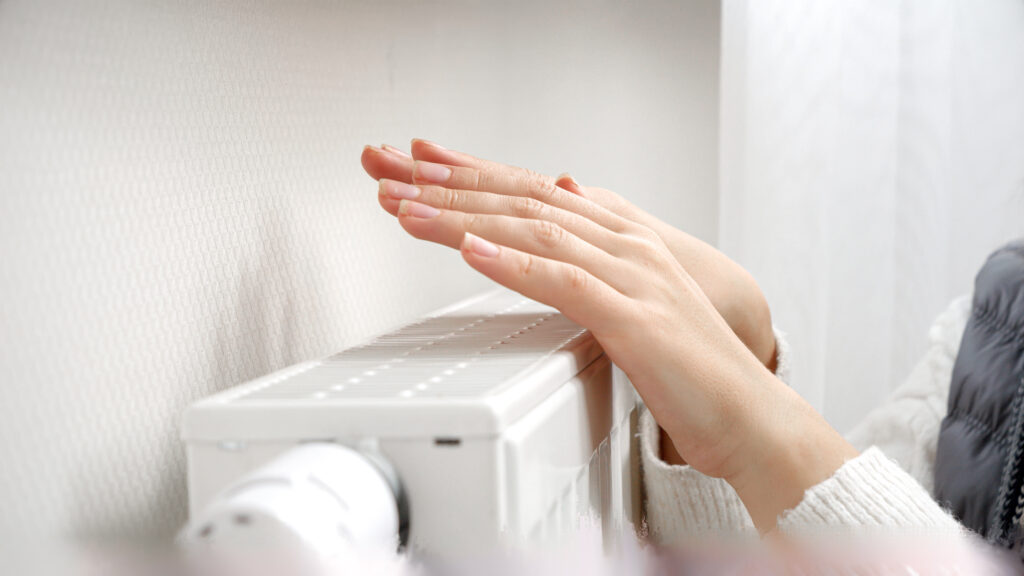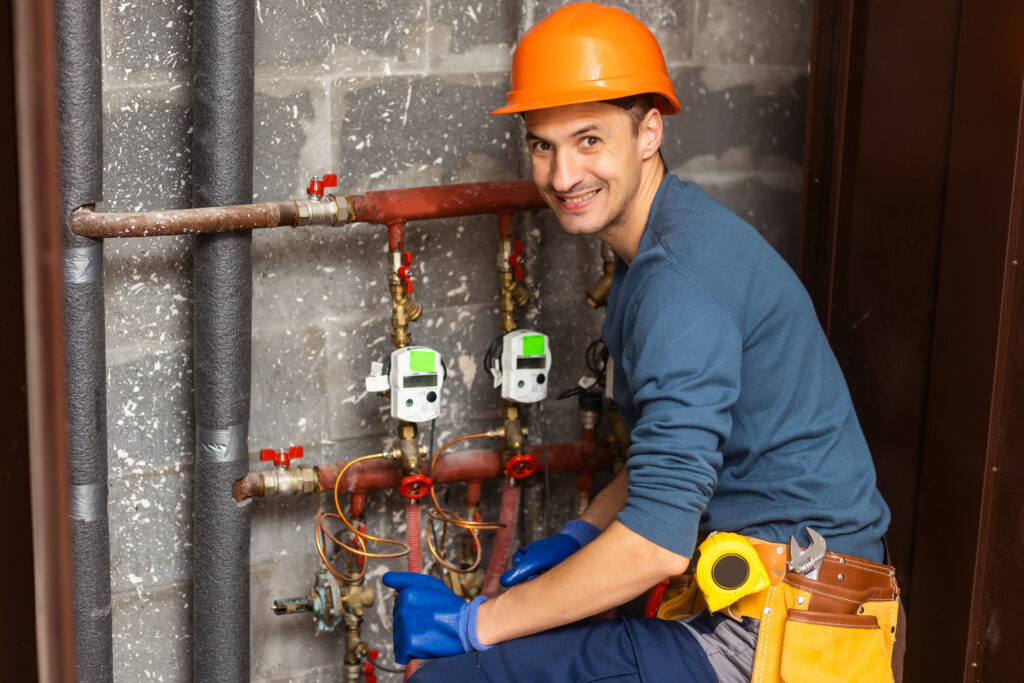Many people hear the term hard and soft water and simply don’t understand what it means or what the difference is between them. As a professional plumber, we have compiled together a handy list of answers to some of the most commonly asked questions.
What’s The Difference Between Hard And Soft Water?
Hard water contains high amounts of dissolved minerals such as calcium and magnesium. This is absorbed when the water comes into contact with rock such as chalk or limestone. Water takes a long journey to get to our homes, so it often picks up minerals along the way. Soft water on the other hand, contains fewer minerals, which the water remaining more in its natural state.
What Does This Mean For Everyday Water Usage?
When hard water is heated, limescale and deposits can build up in your pipes and appliances. This means things like your shower may need to be cleaned more often. Regularly build in pipes can rescue the water flow. Hard water also make soaps and conditioners, less effective when they’re used.
Home appliances such as washing machines and dishwashers, usually need to work harder when there used in areas that suffer from hard water. If not maintained correctly, your appliance might end up with shorter lifespans. Improving things like the salt in dishwashers can help negate the effect of hardwater.
Soft water is generally preferable when it comes to cleaning as it can help things like glassware end up cleaner, and reduces the amount of build up and scum in appliances and showers. People in areas that have soft water, generally use less detergent and less energy, when using cleaning appliances. Soft water can also be quite resistant to chlorine, which isn’t great new if you’re lucky enough to own a swimming pool.
What Is Healthier?
Both hard water and soft water are perfectly safe to use, although hard water often tastes better, it can be less effective when used in appliances. Soft water is great for washing hair and a range of other uses, but be resistance to chemicals that are added to the water.
Limescale can easily build up in kettles and create a brown scum on your tea or coffee, this isn’t harmful, but it just doesn’t like too pleasant. Regularly cleaning your appliances and using anti limescale tablets can help breakdown limescale and keep your appliances working for longer.
Can You Make Hard Water Soft?
There are some ways that you can make hard water soft, one of these ways is by adding salt to the hard water. A professional plumber we believe in helping our customers who suffer from hard water improve the quality of their water and the performance of their appliances. An alternative is to use a conditioner or scale inhibitor. Rather than removing the minerals and replacing them with something else, this alters the water so that minerals pass through the system. This prevents the build-up of limescale and your water is still safe to drink.




